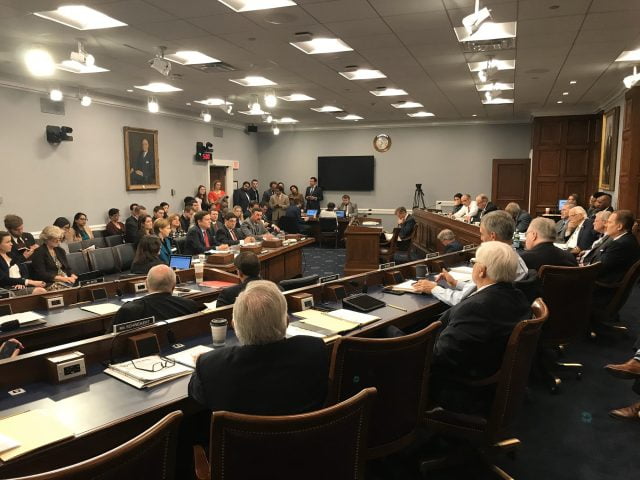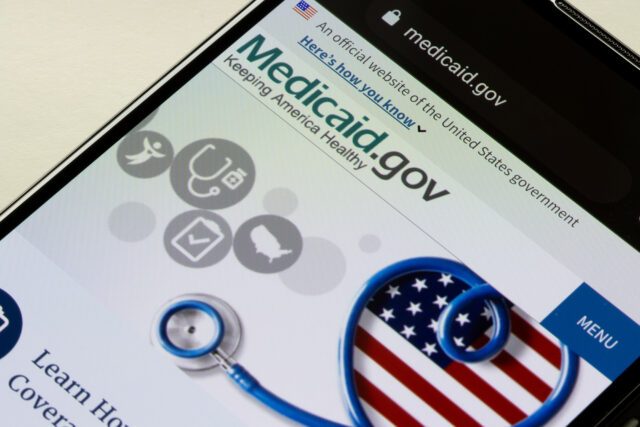
Ways and Means Committee Adds a Federal Auto-IRA Program to $3.5 Trillion Package
Alicia H. Munnell is a columnist for MarketWatch and senior advisor of the Center for Retirement Research at Boston College.
It would be a big step forward in expanding retirement coverage.
A nationwide retirement program combined with an enhanced Savers Credit would really help lower-paid workers save for retirement.
The most amazing and wonderful thing has happened. The House Ways and Means Committee has included Auto-IRAs in the $3.5-trillion health, education, and climate bill. Who knows what will eventually get passed, but this addition is a big step forward on the journey to make sure that all Americans are covered by a retirement plan at work.
Currently, at any given moment, only about half of private sector workers are covered by any sort of employer-sponsored retirement plan. This lack of coverage has three implications. First, a substantial share of households – roughly one-third – end up with no coverage at all during their worklives and must rely exclusively on Social Security in retirement. Second, with median job tenure of about four years, many employees move in and out of coverage so that they end up with inadequate 401(k) balances. Third, households have no financial reserves to cover emergency expenditures.
Since most of those without coverage work for small employers, policymakers for decades have tried to solve the problem by introducing simplified retirement plans. But these initiatives have not moved the needle. And while the Obama Administration first proposed “Automatic IRAs” in 2009 to cover the uncovered, Congress to date has not passed any federal legislation.
In the absence of federal action to close the coverage gap, a number of states have passed legislation to implement mandatory auto-IRA programs, which expand coverage by requiring employers that do not offer a retirement plan to automatically enroll their workers in an Individual Retirement Account (IRA). Auto-IRA programs are now up and running in California, Illinois, and Oregon, and these three states (as well as others, such as Connecticut, Maryland, and Colorado, which have enacted the legislation and are preparing to launch) have adopted the same basic program design.
As much as I applaud the state efforts to launch their own programs, this is a silly way to run a railroad. All Americans need an additional layer of protection on top of Social Security. A nationwide problem calls for a federal solution.
The proposed federal program would require employers without a plan to deduct at least 6 percent from their employees’ paychecks and deposit the funds in an IRA. Employees could opt out or change their savings rate. The proposal would also expand the use of the Saver’s Credit, so that the government would deposit as much as $500 in matching funds into the participant’s account.
The program, which would take effect on January 1, 2023, would be limited to employers with more than five employees and those that have been in business for two years or more. The states that already have or are developing retirement savings plans could continue to operate their own programs. Employers facilitating auto-IRAs under either the state or federal programs would be eligible for a tax credit of up to $500 per year for up to four years. The penalty for not complying would amount to $10 per day per employee for up to three months.
This proposed legislation would represent a significant step forward in expanding coverage and by combining Auto-IRAs with a refundable Savers Credit would significantly enhance retirement savings for lower-paid workers. I really hope it passes!!






